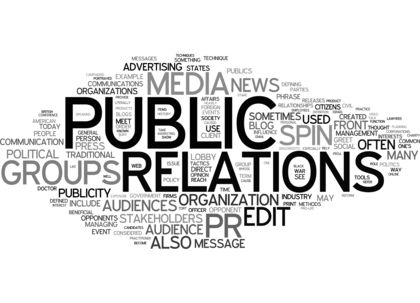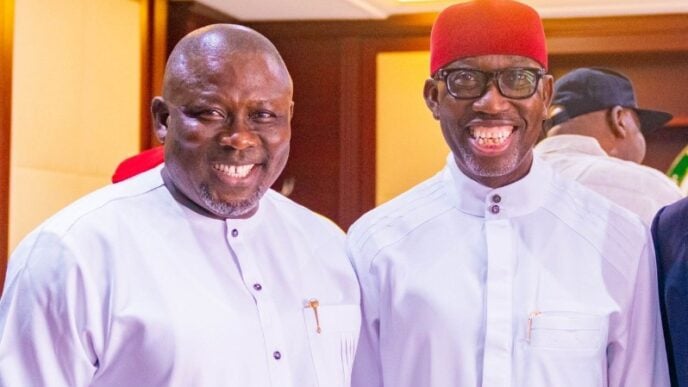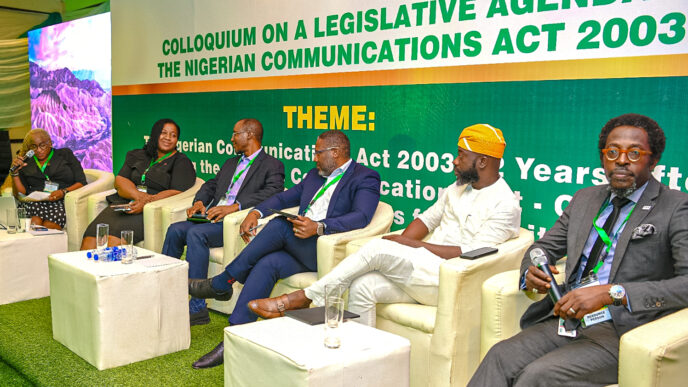In the gilded halls of Nigerian corporate boardrooms, a peculiar dogma holds sway: silence, many public-relations (PR) gurus insist, is a golden strategy. When scandal erupts -be it allegations of malfeasance or whispers of mismanagement – the playbook often recommends a stoic muteness. The logic is seductive: by ignoring the storm, firms can starve it of oxygen, allowing it to fizzle out quietly. In a country where corporate giants have weathered damning accusations without a dent to their share prices on the Nigerian Stock Exchange, the evidence seems to support this approach. Patronage persists, revenues climb, and PR managers, basking in the aftermath, smugly declare, ‘What happened to our brand? Nothing.’ Silence, they conclude, works.
This strategy, however, is a relic ill-suited to the digital era, where social media has upended the dynamics of reputation management. The adage that silence is the best answer to a fool no longer holds when the fool commands a Twitter thread with thousands of retweets. The digital age has not merely complicated the task of Nigeria’s corporate communicators; it has rewritten the rules entirely, demanding a new mindset – one that prioritizes engagement over reticence. Engagement, in this context, is not a buzzword but a rigorous discipline: it means completing the feedback loop, listening intently to stakeholders, and responding swiftly and thoughtfully, even when uncertainty looms. To remain silent amid a crisis, or to carry on with business as usual while rumours swirl, is to cede control of the narrative -a cardinal sin in modern communications.
Consider the Nigerian banking sector, where one institution has recently found itself mired in controversy, its reputation battered by a litany of grievances aired on social media. Customers, frustrated by poor service, have taken to platforms like X to vent their spleen, often met with deafening silence or, worse, the hollow platitudes of a chatbot. The bank’s share price remains buoyant, its revenues untouched, lending credence to the silence-is-golden camp. Yet this short-term resilience masks a deeper peril. In an age where lies, amplified by the viral speed of digital platforms, can ossify into perceived truth, goodwill erodes with alarming swiftness. A brand that ignores its stakeholders risks not just reputational damage but the erosion of trust -a currency far harder to rebuild than to squander.
The failure to engage is often most glaring in customer service, a neglected frontier of reputation management in Nigeria. Too many firms treat customer complaints on social media as inconsequential, focusing instead on glossy press clippings and corporate announcements. This myopic approach betrays a fundamental misunderstanding: customer communication is not peripheral but integral to a brand’s standing. When a telecom giant I worked with faced a network outage in 2019, I spearheaded a crisis response that prioritized transparency, using data-driven insights to craft empathetic messages across channels. The result was a 30% reduction in negative sentiment within 48 hours- a testament to the power of engagement over silence. Nigerian firms must learn this lesson, revamping their customer service with intentionality. Proactive communication can transform corporate reputation, turning detractors into advocates and crises into opportunities.
Advertisement
Engagement, of course, is not without its challenges. External constraints -legal, regulatory, or political -may limit a firm’s ability to respond. In such cases, the path forward lies in strategic collaboration: consult widely, craft a joint statement, or outline a clear plan to address concerns. The goal is not reckless chatter but deliberate ownership of the narrative. Silence, by contrast, cedes the stage to critics, allowing misinformation to fester unchecked. In Nigeria’s bustling markets, where consumer loyalty is hard-won, this is a gamble few can afford.
The bank currently weathering its social-media storm may yet emerge unscathed, its financial metrics defying gravity. But for firms aspiring to build institutions that endure across generations, silence is no strategy at all. Trust, once lost, is a slow and costly thing to regain, particularly in a digital landscape where every stakeholder wields the power of a megaphone. Nigerian corporations must embrace a new creed: be proactive, engage relentlessly, listen acutely, and respond with purpose. Only then can they safeguard their legacies in an era where silence speaks louder -and more dangerously -than words.
Bayagbon is a communications and strategy consultant.
Advertisement
Views expressed by contributors are strictly personal and not of TheCable.










